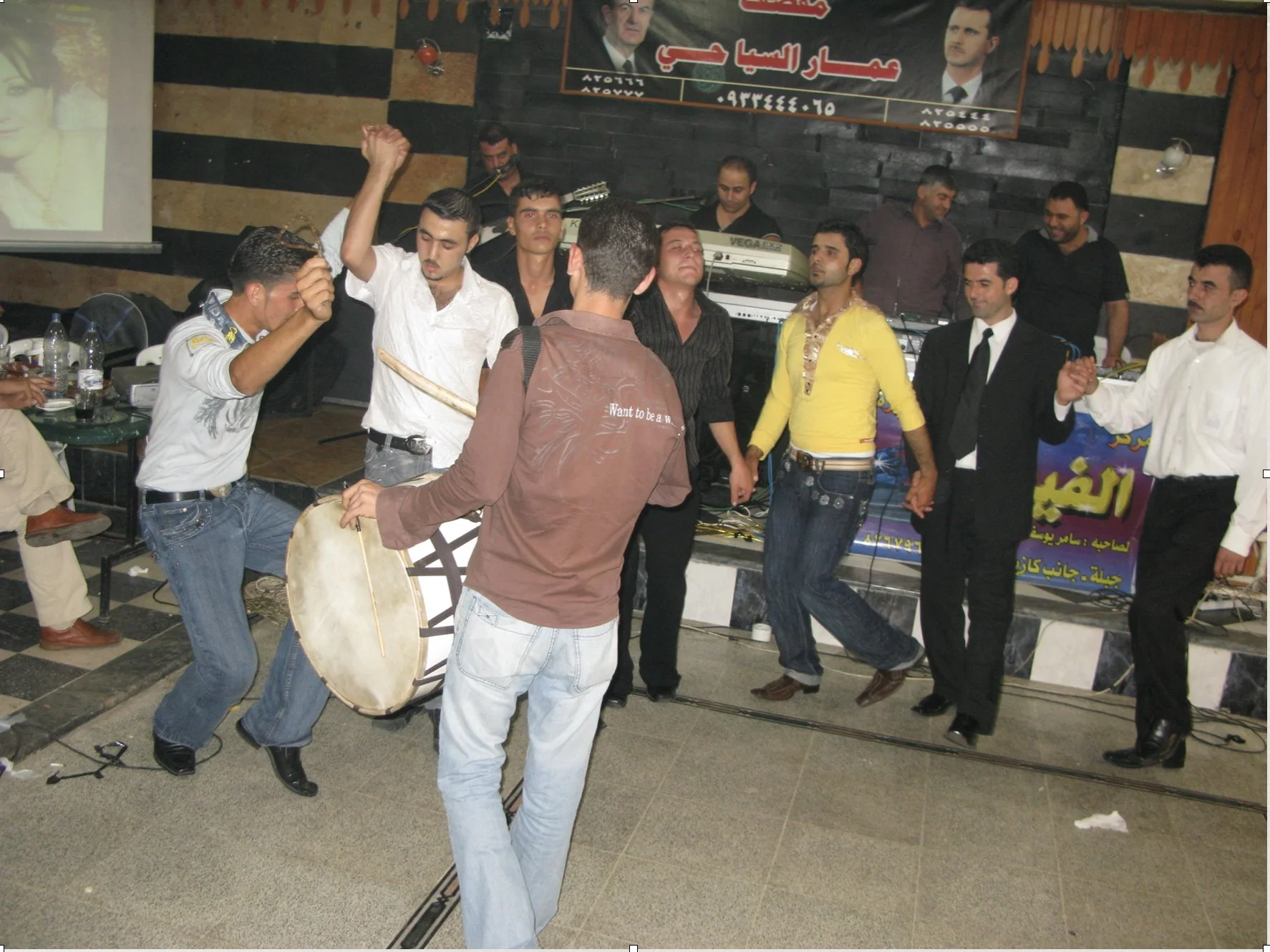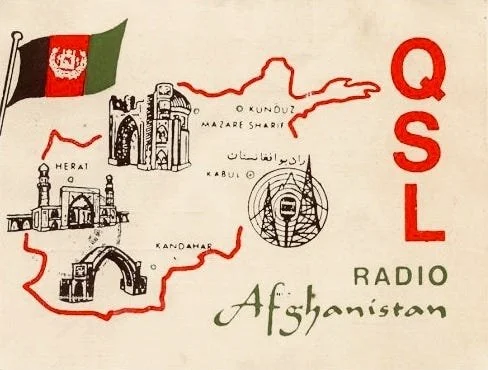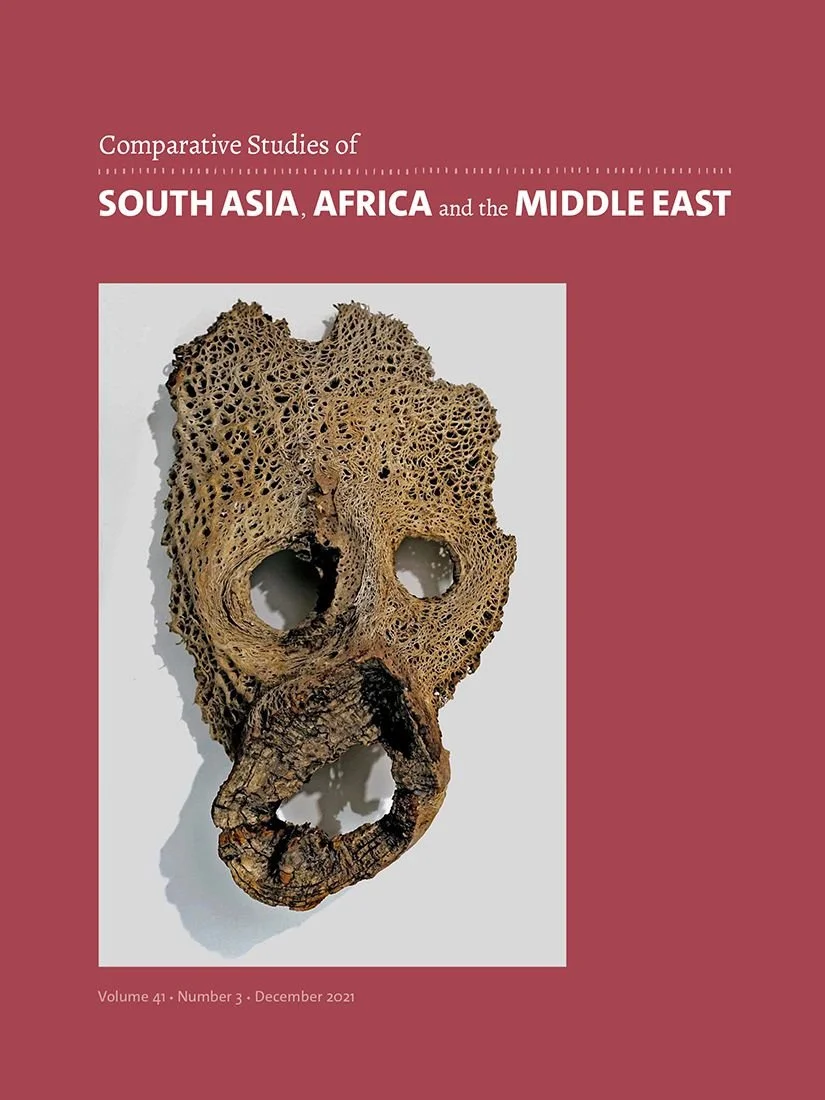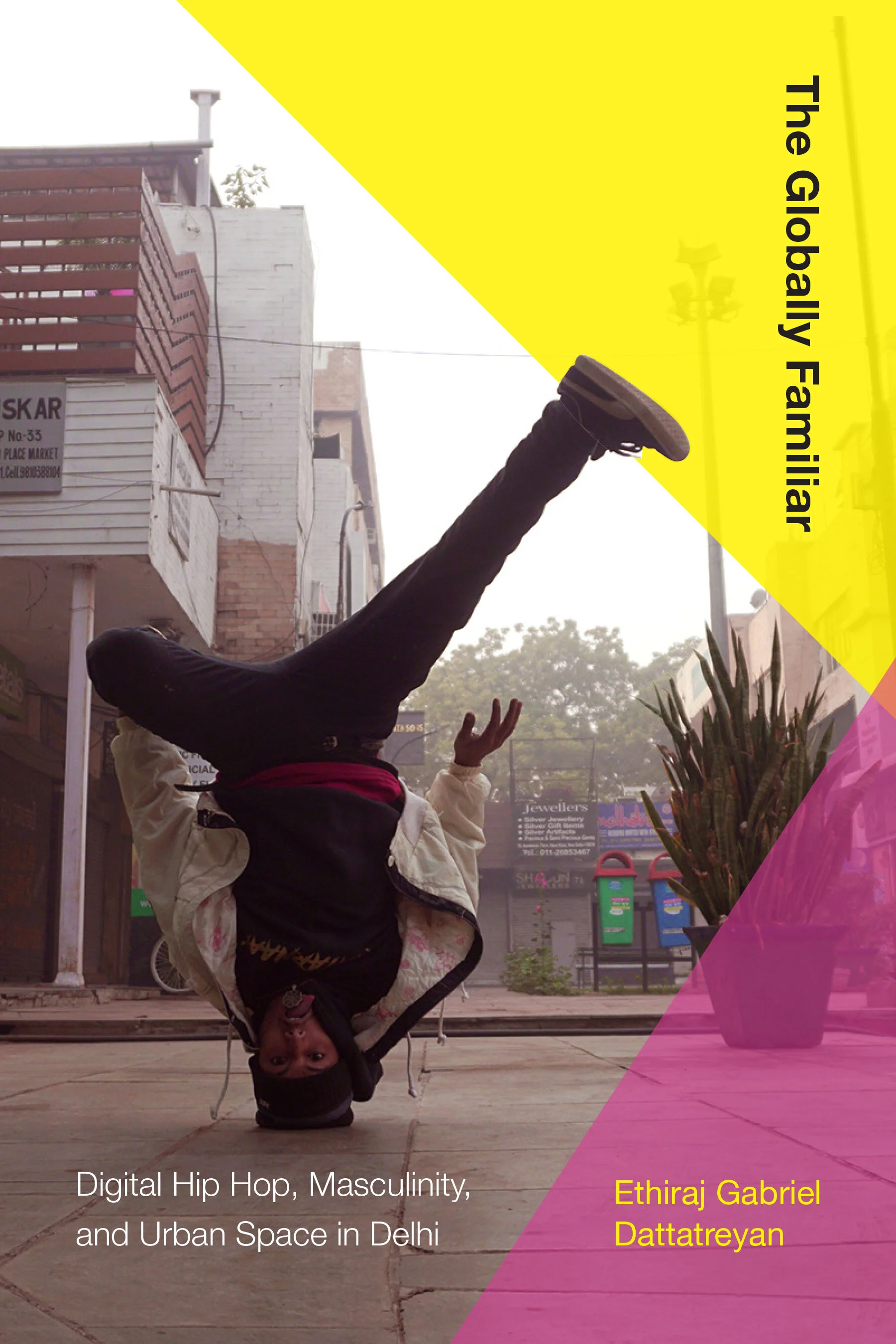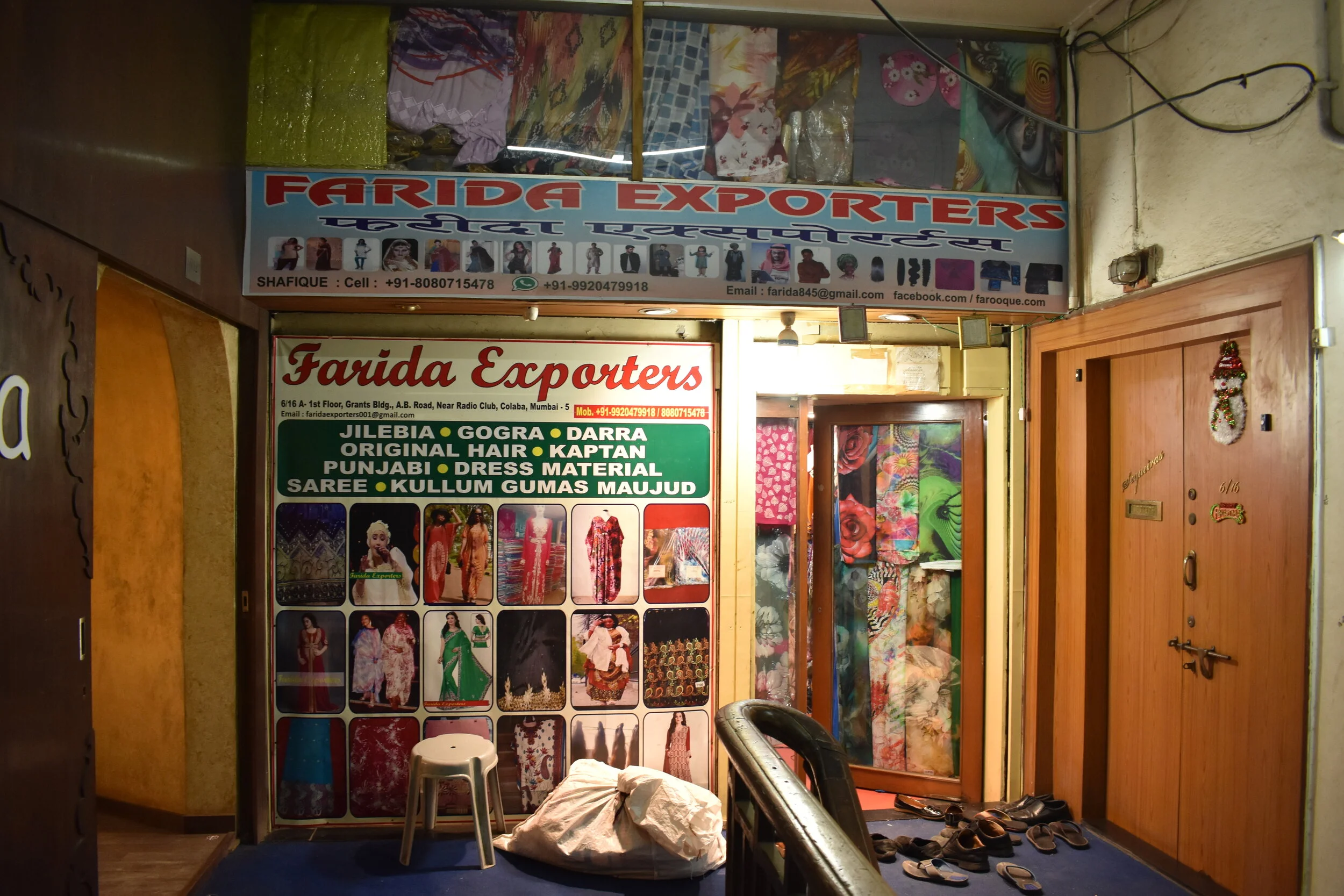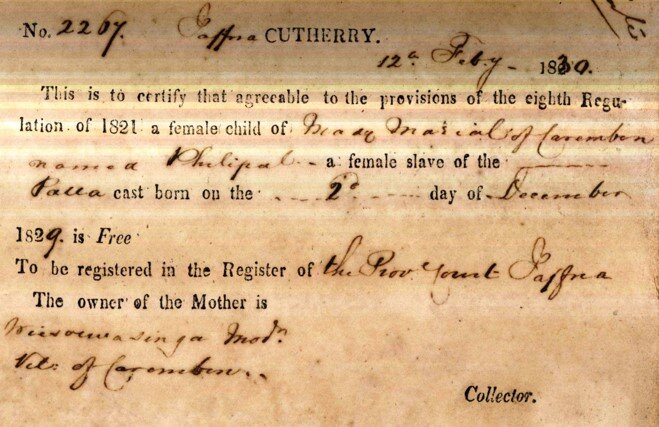The ephemerality of dabke performance has a lasting impact because it produces close communal bonds that are necessary to survive an authoritarian regime when that regime is trying to divide and isolate social groups or families.
Read MoreIn this second part of the interview, Carmen De Schryver and Zeyad el Nabolsy discuss how Hountondji's philosophy can shed light on contemporary debates about Enlightenment, Universality, and Postcolonialism
Read MoreAjay Skaria opens up a conversation on presentism in historty for Borderlines: Skaria writes: “to get to the historical approach as a—the—modern regime of historicity, it helps to revisit the classic distinction between the judge and the historian. Since Marc Bloch, we have often thought of the juridical as engaged in the act of judging and the historical as engaged in the act of understanding. This is correct, but it is still too preliminary a way of putting matters. As Carlo Ginzburg, Ranajit Guha, and others have shown, historians also usually act as judges—for example, in deciding on the veracity of their sources or in privileging a certain narrative over others”.
Read MoreSharad Chari responds to Skaria from the viewpoint of a geographer: Chari writes: “I am therefore convinced alongside Skaria that the ‘presentism’ debate could benefit from reflecting on its conditions of possibility. I hope to have offered Marxist fodder for this task. Marxist social historians and geographers, at their best, have tended to keep their critical insights to absolute space and time and relative space-times. But several dissident Marxist traditions have also offered insights that bring the genealogical and what Skaria calls the historial into the frame, but in relation to the diagnosis of absolute and relative spacetimes as well”.
Read MoreMichael E. Sawyer responds to Skaria; Sawyer writes: “the feeling of intellectual utopia troubles me here and is the motivation for the title. Some people want a Wonderland without Alice to take us there and translate it for our understanding. Isn’t that the point of Lewis Carroll’s work? That Wonderland is only wonderful because it is viewed in relation to the world that Alice visits from otherwise it is just “Land” qua itself. Incidents of historical moral depravity are not isolated and only to be properly understood vis-à-vis the moment in which they occur because, and here I’m reluctantly returning to Maher, the reason he stashed the gum in his pocket rather than take it to the cash register is because he knew then as he knows now that what he was doing was wrong”. Read more here.
Read MorePatricia Hayes adds to the conversation, drawing from photographs and images. Writing on the image excerpted on this thumbnail, Hayes writes: “This photograph [Fig. 1] appears to inscribe, or record, a formal occasion–what seems almost a ritual practice–to mark the moment a new sovereignty came into being. This followed two military campaigns, the first in 1904 a disaster. In the album I studied in Luanda, Angola, the caption for the Portuguese photograph in 1907 holds a set of specific references, in terms of the protocols of capitulation, for it was termed as: auto de vassalagem, or act of vassalage, a term associated with feudalism. What does this vestige of feudalism in the Portuguese nomenclature imply? I ask this because this particular periodization break tends to clump things: it sets up the medieval/feudal against the modern/commercial or capitalist.”
Read MoreIn the third conversation of History Sounds, Andrew Simon tells us about cassette culture, consumption, taste, and music in Egypt from the 1970s through the 1990s and beyond.
Read MoreIn our second conversation, we learn about the history of radio broadcasting, live performances, and resistance in Afghanistan in the 1960s and 1970s with Mejgan Massoumi.
Coming up: cassettes and mass culture in Egypt with Andrew Simon
Read MoreIn the first conversation of the Borderlines series History Sounds, Christopher Silver speaks about the history of the recording industry in North Africa from the colonial period through decolonization.
Coming up: Mejgan Massoumi will tell us about radio and popular culture in modern Afghanistan.
Read MoreProfessors Deborah Starr and Hanan Hammad tell us about their work on the history of Egyptian cinema, ideology, and communal relations in the twentieth century. They also discuss questions of methodology, how to find and use the new sources available today, and the importance of intellectual exchange and collaboration.
Read MoreThe conversation that we have captured here reflects the nuanced and thought-provoking ideas and scholarship of the participants—Banu Subramaniam, Julie Livingston, Omar Dewachi, and Sunil Amrith—who all study the body and biopolitics. Their approaches range across global histories of medicine and science, anthropology, and feminist studies of science, environmental and transnational histories of migration, and studies of war and humanitarianism, but they share a broad interest in the shifting power of the state and in consequences of capitalism.
Read MoreAnd the silent listener is not necessarily the poet of the collection. It could be anyone. If you ask the characters, they will tell you. One of the inspirations for such a recording style was Svetlana Alexievich. She has reinvented the role of the author and distributed its power among the speakers for the truth to emerge.
Read MoreWhat resonated across both Yael and Shrimoyee’s work was an engagement with fluid bureaucracies and a “permanent emergency” that manifested itself through disparate regimes of files and decrees, rule-bound and illegible systems and jurisdictions of law through which Kashmiri and Palestinian subjects moved. We spoke to them about the polymorphous nature of the relationship between checkpoints and permits, preventive detention and the constitution, encryption and inscription.
Read More“Eventually, the familiar became a way for me to approach what I instinctively felt was the inseparability of affect, infrastructure, mediation, and value and to recognize these different geographic scales were linked through circulating signs.”
Read MoreFor Arabic-language theory to truly become a resource in Western scholarship rather than an object for analysis, however, we need more than a new hermeneutic. We need this theory to be made available in Western languages. And we need it in volumes, not merely anthologies with a few pages-long excerpts of a thinker’s work whose oeuvre is, like Amel’s, thousands of pages long.
Read More"For years I kept thinking: who has the kind of socio-intellectual clout, or position to feel comfortable about theory? This is what we wanted to do with High Theory: to try and break the exclusionary, gatekeeping nature of “doing theory.” “
Read MoreWhy should we ask history to do theory? What does it mean to insist that a social theory aspiring to a form of global knowledge must emerge from the spaces of the global south? These questions framed a wide-ranging conversation Meghna Chaudhuri and I held in November 2020 with Durba Mitra and Andrew Liu to mark the publication of their new books–Mitra’s Indian Sex Life: Sexuality and the Colonial Origins of Modern Social Thought and Liu’s Tea War: A History of Capitalism in China and India. Our aim in bringing Durba and Andrew together was to understand their respective orientations to social theory and historical method—and to see, in practice, the work of emergent theory-making within archivally-grounded historical research.
Read MoreGiven how many histories and critical perspectives on the past Gandhi’s name conjures, his iconic presence prompts a parallactic reading of history and politics in India and South Africa. Parallactic readings uncover histories behind the easily predictable image crowding dominant lines of vision. Parallax and parallactic readings come together in recent scholarship and art, including Pakistani-American artist Shahzia Sikander’s Parallax, an installation composed of hundreds of digitally animated images which focuses on the geostrategic position of the Strait of Hormuz as well as aims to orient viewers to perspectives on modern colonialism and post-colonial politics of the present.
Read More“In the 1980s, the focus of women’s history was on nationalism (women’s role and/or participation in anti-colonial struggles) and women’s writing (to recover their agency and subjectivity). I have always found it somewhat paradoxical and ironical that Subaltern Studies, which gave us such a trenchant critique of elitism in nationalist histories, ended up justifying, even shoring up elitism in other ways. By designating women as subalterns and the recovery of their voice as the primary agenda, we limited the scope of women’s history to middle-class and upper-caste women. The bhadramahila became the focus of women’s history. We told and re-told stories of social reform. I was not convinced by this argument”.
Read MoreIn popular memory, Sri Lanka has no history of slavery. Nira Wickramasinghe's latest book, Slave in a Palanquin, challenges this using Dutch and British archival records to point to the lives of thousands of enslaved persons including men and women from across the Indonesian archipelago, local Sinhalese, Muslims, and Tamils. In the following conversation, conducted over email, Nira Wickramasinghe speaks to historians Kalyani Ramnath and Tamara Fernando.
Read More